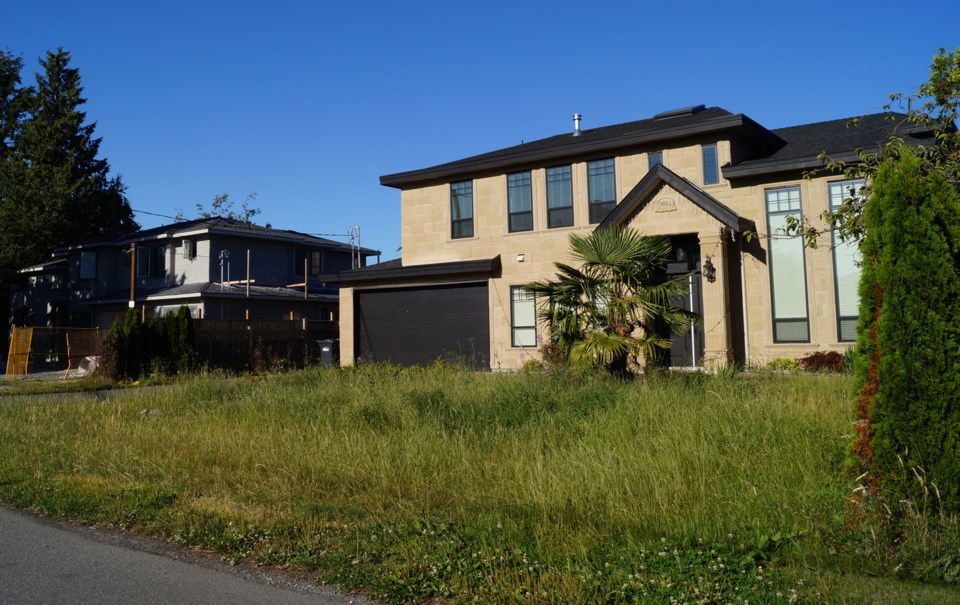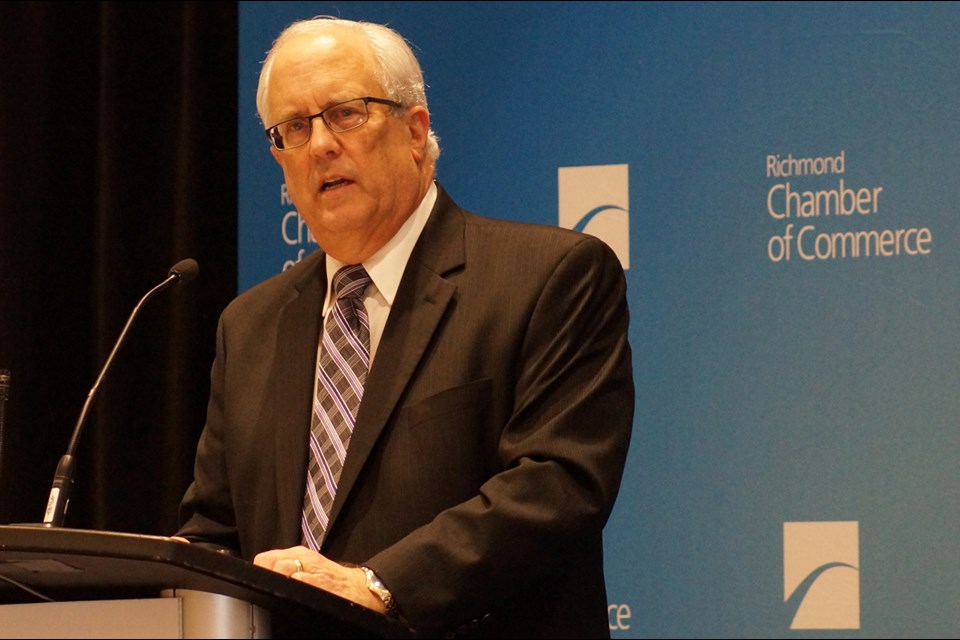Richmond’s mayor Malcolm Brodie said he disagrees with a proposal made this week by West Vancouver mayor Michael Smith, who is asking the provincial government to grant municipalities with the power to tax households with non-resident owners.
The proposal has reportedly gained the support of mayors from North Vancouver, Burnaby, Coquitlam and Surrey.
But Brodie told the Richmond News he doesn’t see the need, and worries about government intervention in the housing market.
“It worries me when governments will intervene in market forces,” said Brodie.
According to provincial government data on purchases by foreign nationals from 19 days in June, Richmond has the highest rate of such purchases, at 14 per cent, while the Metro Vancouver average is five per cent.
At issue is reining in real estate prices and rent charges that have detached from locally earned incomes.

Brodie said he didn’t know if a tax on non-residents would help affordability.
Smith told the Globe and Mail, “That kind of tax is pretty common around the world.”
One thing the mayors do agree on is the ineffectiveness of a tax on vacant homes, as proposed by Vancouver’s mayor Gregor Robertson.
Brodie said he doesn’t know how Vancouver’s proposal can be enforced and feared bureaucratic red tape in the process.
As for the proposed tax on non-resident households, Brodie also had questions.
“I’m not sure you’re addressing the root of the problem when you address the residency. I think you need to look at the where the money is coming from that’s fuelling the market,” he said.
Even still, Brodie said he is certain market forces will correct themselves.
“I’ve seen this happen before,” he said, noting the housing crash of the early 1980s.
Brodie said he wouldn’t characterize the market as a bubble but “just a lot of activity and interest in the housing market and that’s led to higher prices.”
“I’ve seen the market go through hyper dynamic periods before. I think this will be a cycle as well,” he said.
To address affordability, Brodie said Richmond and other cities in Metro Vancouver need to increase rental stock.
“The answer to more rental stock is what we’re doing — an active development market, which we have in Richmond,” he said.



